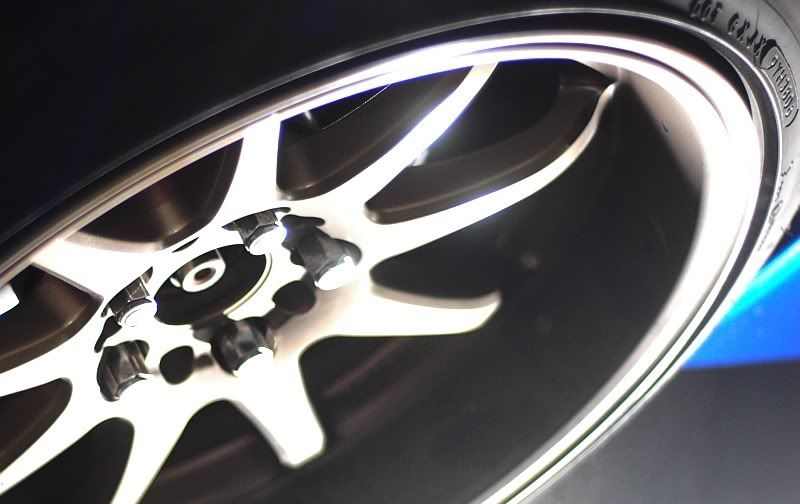MCWB wrote:Monyx says he gets better results with a different lens.
Hi Trent.
I am only commenting upon the image that Mark has posted here. The one, solitary image that Mark has posted here in this thread.
That image that he has posted shows outcomes that have arisen due to the fact that the objects in the image are well and truly beyond the limitations imposed upon him by the equipment employed. The "issues", therefore, are expected outcomes, given the conditions experienced, and if they're to be described as "issues", then I would respectfully suggest that the issues displayed in this image might be more appropriately described as issues in either technique or user expectations, rather than with the equipment, be that camera, sensor or lens.
Again, for the subject matter being photographed, the result presented is an expected outcome. The only real unknown here is the extent of the aberrations that will be seen, and perhaps a different choice of lens might reduce (or, perhaps, increase) the extent of the aberrations observed.
So too might changing the viewpoint or content of the image, or changing the exposure variables.

That Mark says that he gets better results with a different lens is basically unproven within the context of this image, which is seriously flawed to the extent that what Mark is describing as issues I am saying are simply expected outcomes.
From a scientific perspective if you keep the same scence, same camera, change lenses and observe any change in image quality then what you're observing is down to more than just the camera's design, because you have controlled for that.
Only if you're shooting the exact same subject, from the same PoV, etc. Mark has not presented any evidence that this is the case.
Cheers.




